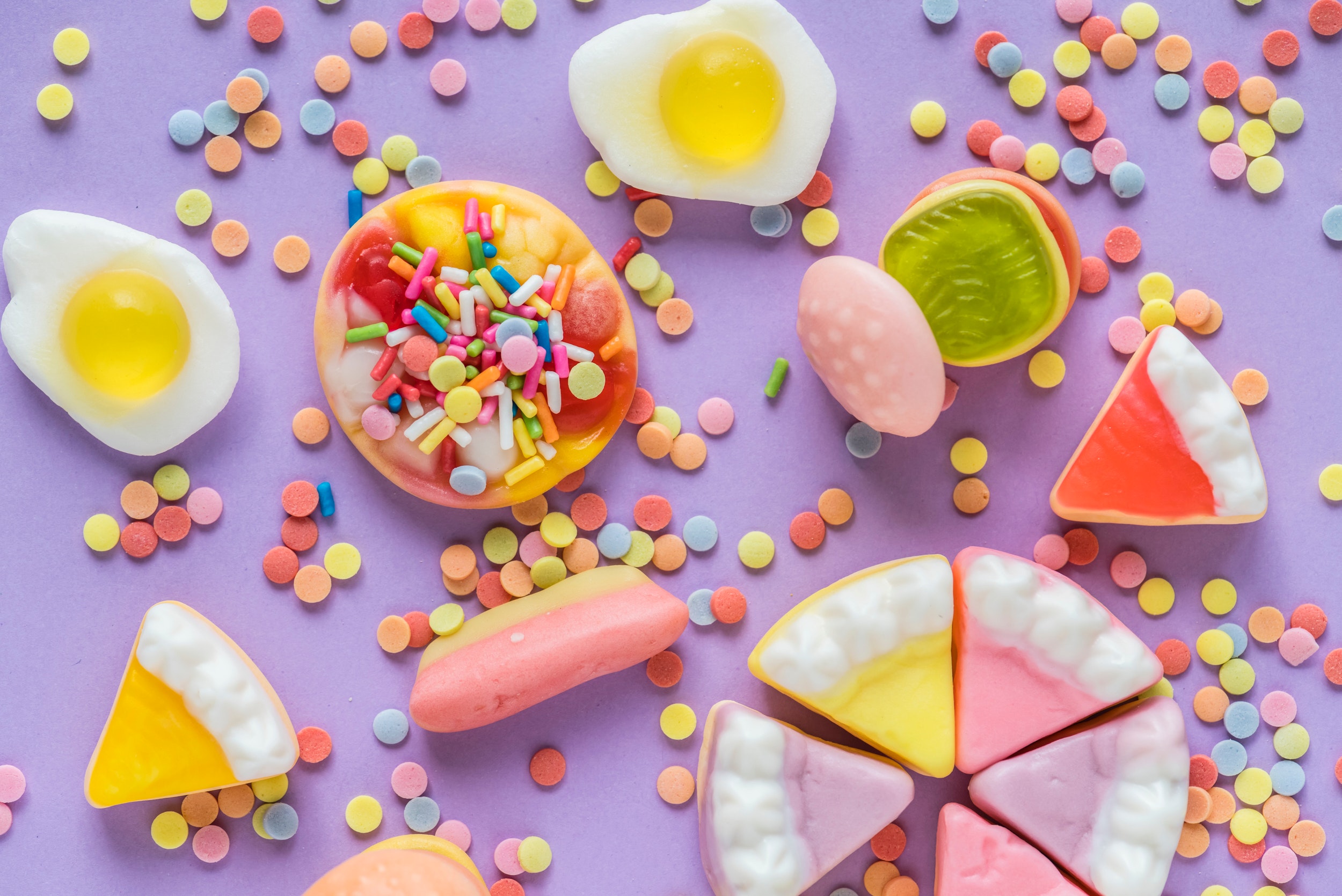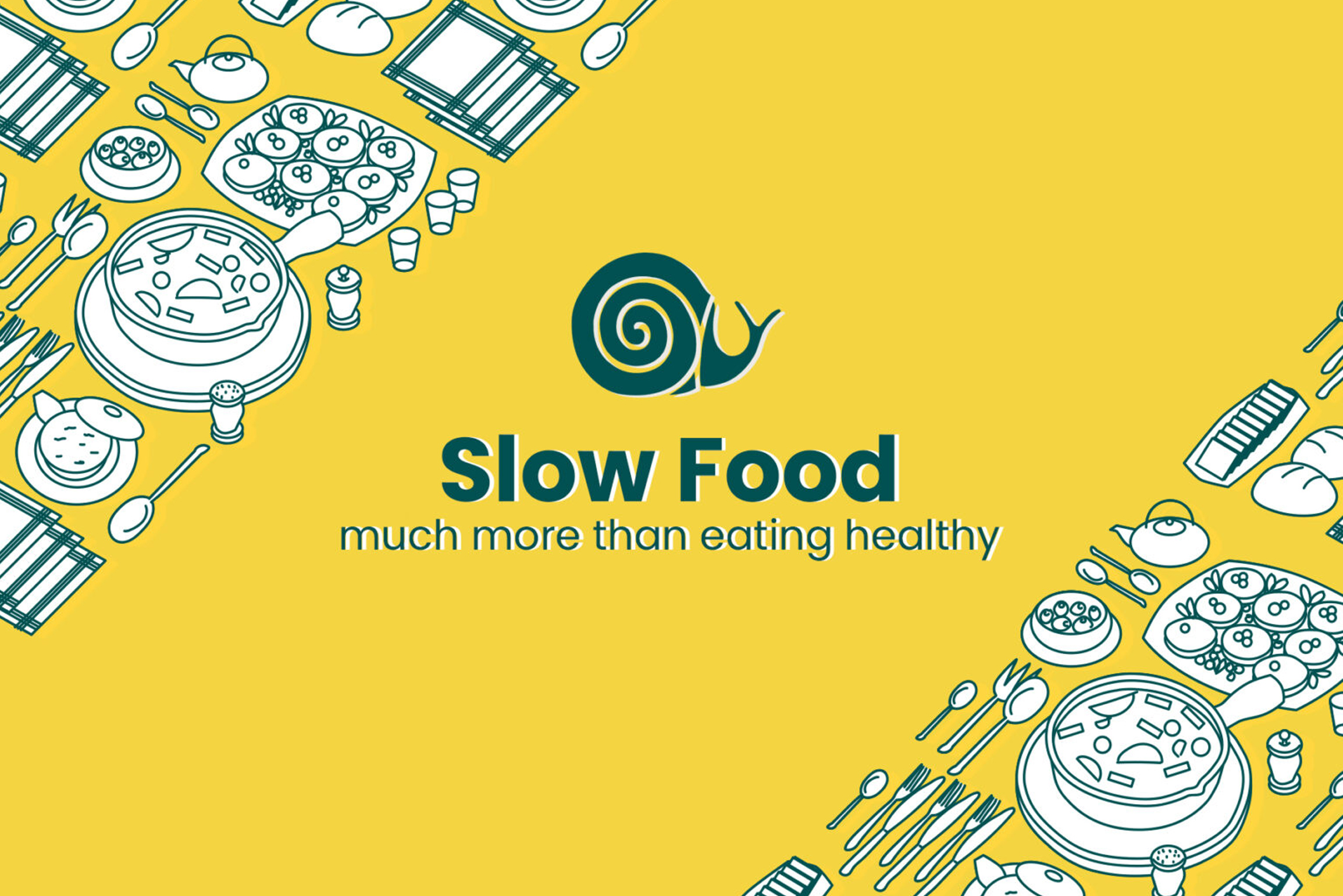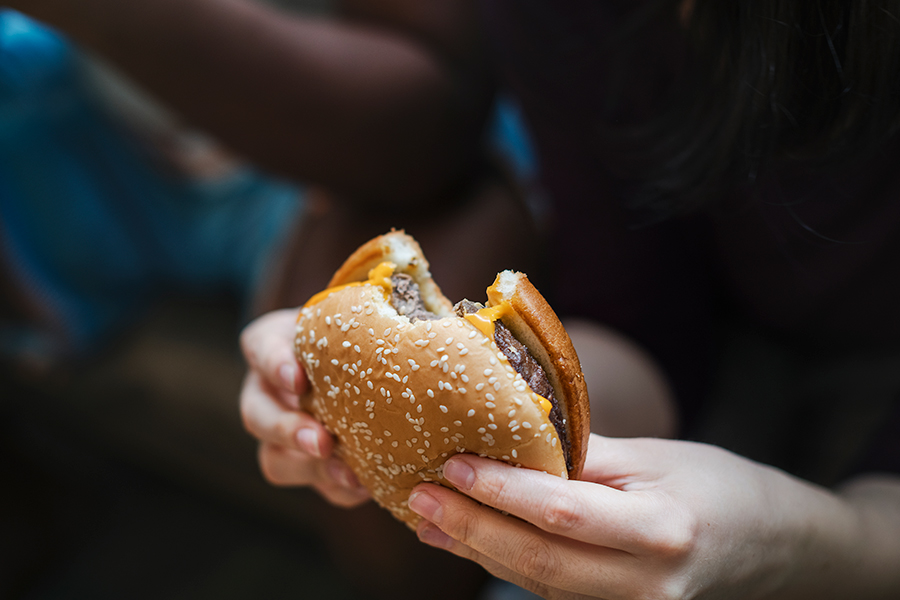Are sweeteners health dangerous?
If there is a topic that everyone talks about, that is sugar or sweeteners consumption and its health consequences. Besides, if you are one of those people taking its time to read the labels about what you buy in the supermarket, you cannot miss these lines.
Even to express that we are comfortable at home, we formulate phrases like “Home, sweet home” and this is not coincidence. We find an explanation looking backwards, directly to our origins. In the stone age, a bitter or sour taste alerted us about the poor state of food, while perceiving its sweetness stimulated our taste receptors and motivated us to ingest them, with the consequent energy contribution to our body.
Nature is very wise, and takes care of giving us the necessary dose of sweet through the fruit, that is available only seasonally for a few months, and honey which is always surrounded by her bees.
Most likely, you have already heard about the negative effects of consuming food with added sugars, or foods with a high glycemic index, but it is time to know all the damages that these eating habits have on your body.
Consuming excess sugar might cause serious diseases such as: cholesterol increased, cardiovascular disease risk increased, obesity risk increased, blood pressure increased or uric acid. In addition, it could lead to calcium and magnesium reduction in our body, a risk of fatty liver or poor intellectual performance. Surprised?
But moving back to the initial question, are sweeteners health dangerous? It is important to clarify some differences first.
There are three types of sweeteners:
· Natural sweeteners:
Sugar is the most used, it is extracted from sugar cane or beet and is also found in vegetables, fruits and dairy products. This group could be divided into two large groups: monosaccharide sweeteners (galactose, glucose and fructose) and disaccharide sweeteners (lactose, sucrose and maltose).
· Synthetic sweeteners:
This type of sweeteners can exceed 400 times the value of sucrose, as with saccharin. Among the synthetic sweeteners we find: aspartame, acesulfame, saccharin, cyclamate and dulcina.
· Sweeteners of plant origin:
The power of sugars is usually higher than that of synthetic sweeteners. Among these, we find thaumatin, monelin, miraculin and stevioside. All are extracted from natural fruits or berries.
Sugar and honey are natural sweeteners that provide us with vitamins, minerals and fiber, but we must also moderate their consumption. However, many foods with added sugars only contain calories without having any benefit to our body.
We leave you a table in case you have any more questions.
But, the million-dollar question: are all sweeteners safe?
For long time they were in the spotlight, being questioned for their possible toxicity or carcinogenic potential. After many studies and debates, it is currently stated that the risk that artificial sweeteners are carcinogenic, below the admissible daily intake (ADI), is very low (revision).
Likewise, there are many other reasons why we should be very careful with sweeteners intake. It is noted that metabolic problems can happen with the highest consumption of non-caloric beverages. Also, alterations in glucose metabolism are considered, which would increase the development of Type II Diabetes. Thus, artificial sweeteners alter the brain reward mechanism to the sweet taste, which can be very dangerous.
Our main recommendation is to eliminate artificial sweeteners from our diet, due to their impact on our brain, microbiota and metabolism. We should also be concerned about recovering the natural taste of food without the need to sweeten it and thus obtain greater satisfaction in each intake. Sweeteners such as honey and Xylitol (natural sweetener), provide us with physiological benefits with little damage to our health.
We would like to end by mentioning a basic rule of the laboratory: “Do not eat the chemical compounds with which you experiment.” Do not you find it creepy that saccharin was discovered by experimenting with tar and sucralose in the creation of an insecticide? His researchers realized that these substances tasted extremely sweet. How reckless, right? And the thruth is that we are what we eat, but it is in our hands to look at the composition of the products we buy. Do not lose sight of the fine print in everything you buy. The labels will guide you.
Look for organic products and do not lose the desire to live a healthy life style without artificial additives.






